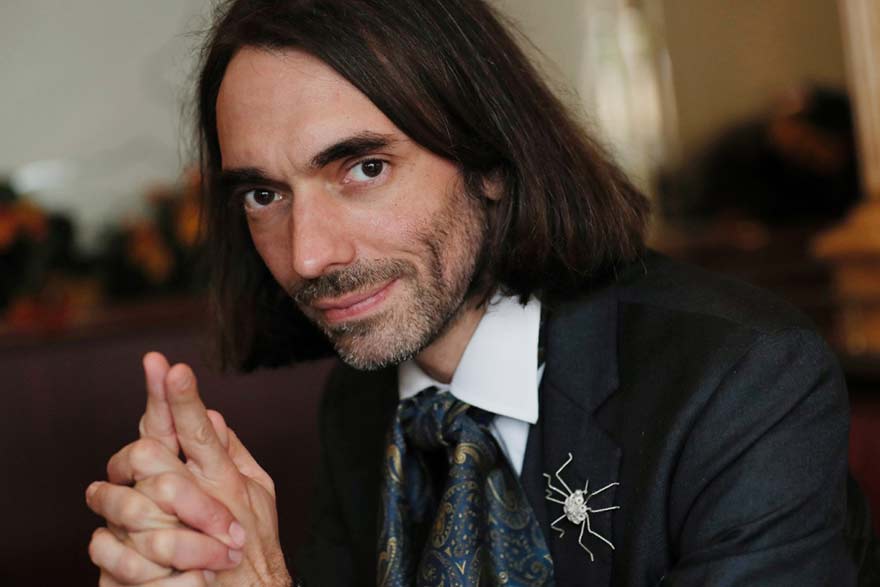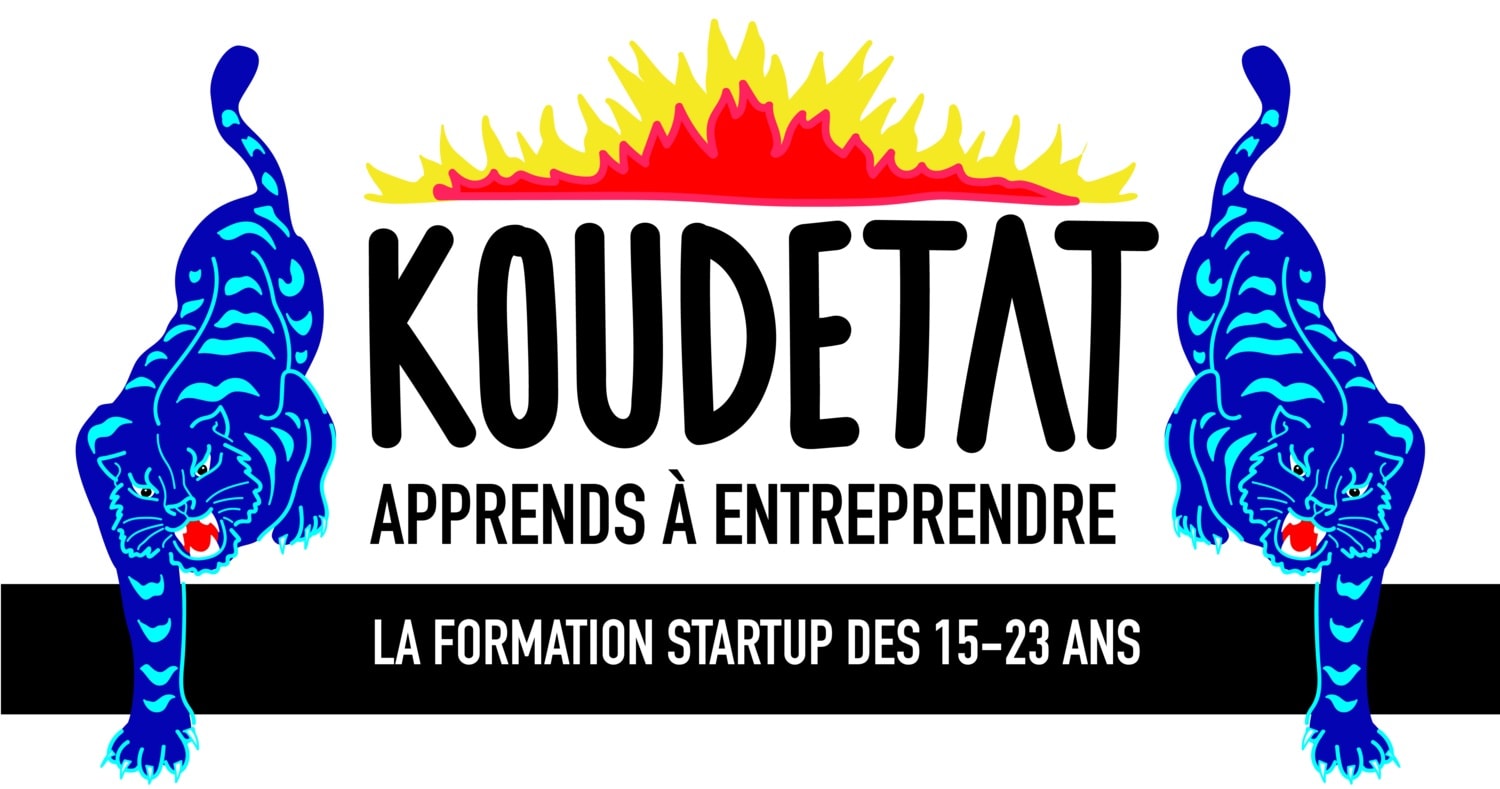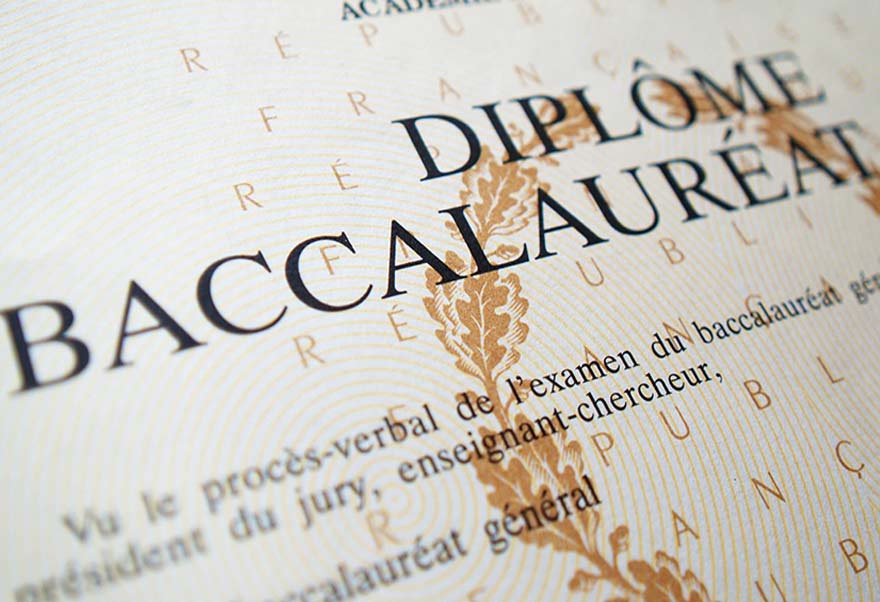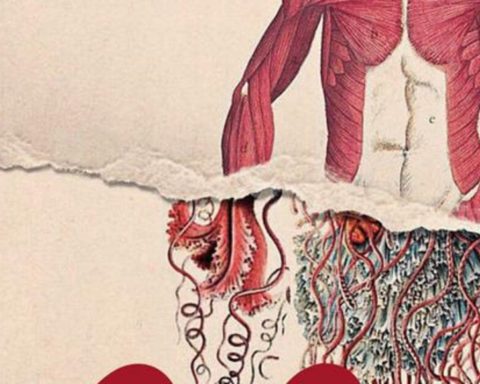
Why this degradation?
Objective of the Villani Report: "To formulate concrete proposals based on the most conclusive practices and in the light of international studies. »

What about the fun in it?
Alternative methods: giving way to the child's intuition
Mathematics, a national priority

- Cnesco: According to the Talis survey (2013), priority education teachers estimate that they devote 21 % of class time in secondary school to creating and maintaining a favourable classroom climate (compared to 16 % outside priority education and 12 % in private schools).
- To avoid the failure of 1945, on the evolution of the Vaugelas Code, Guy Brousseau proposed the creation of a commission to study "the conditions of an experimental didactic transition of the mathematical repertoire of pupils from 5 to 8 years of age".
- Ferdinand Buisson, Dictionnaire pédagogique d'instruction primaire, 1887
- Jérôme Bruner, George Polya, Richard Skemp, Jean Piaget, Zoltan Dienes, Lev Vygotsky, Benjamin Bloom, Maria Montessori
- Ferdinand Buisson, Dictionnaire pédagogique d'instruction primaire, 1887.
- In the United Kingdom, since 2016, 45 million euros will be invested over four years to train nearly 700 teachers and extend the use of the "Singapore method" to some 8,000 primary and secondary schools.
Anything to add? Say it as a comment.












